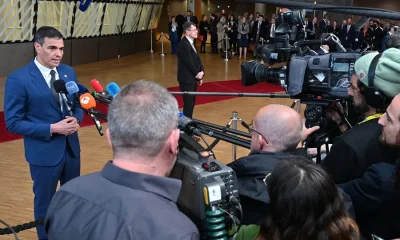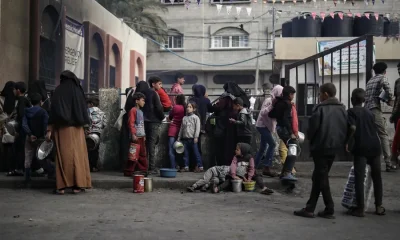International
Palestine’s path to full membership in the UN will be long
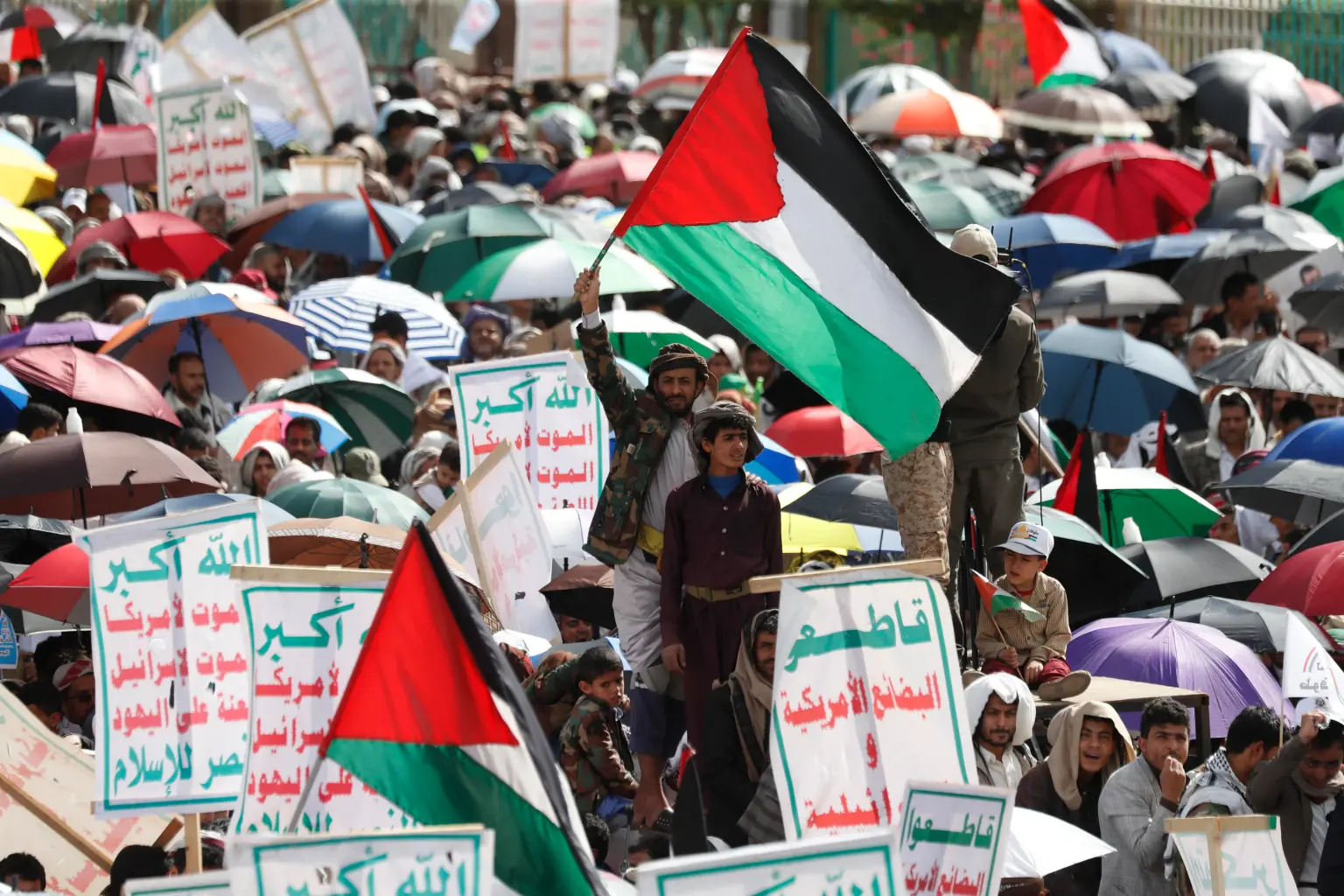
Palestine’s request to become the 194th State of the United Nations could follow the relatively rapid steps of other States that have joined the UN throughout the 21st century, but in its case it faces the probable veto of the United States in the Security Council.
The most recent State to take a seat at the UN as a full member was South Sudan, which in 2011 separated from Sudan after a friendly agreement. His incorporation into the UN was made by acclamation on July 14 of that year, just a week after his declaration of independence.
In 2006, Montenegro, another state that emerged from the dismemberment of the former Yugoslavia, separated after a popular referendum from the last remaining remnant of that federation and proclaimed its independence from Serbia. The referendum took place on June 3 and on the 28th of that same month the state was admitted to the UN.
And 2002 was a very special year because the UN welcomed two members: Switzerland did so in September, thus putting an end to an anomaly that made it welcome numerous international organizations but did not sit at the UN for the sake of a principle of neutrality inscribed in its DNA.
Much more traumatic was the chaos of Timor Leste, which was also admitted in September 2002. The new Asian country, a former Portuguese colony, lived 24 years of occupation and resistance against Indonesia and then almost three years of supervised administration of the UN, but its entry into the United Nations was unanimously approved by the Assembly.
In 2011, Palestine first presented its formal request to enter the United Nations, but the procedure ran aground in its first stage: it did not get the support of 9 of the 15 members of the Security Council (that is, the qualified majority), so that request did not reach the General Assembly, the second stage of the process.
Palestine had to settle for acquiring the status of “observer state,” an anomaly that only the Vatican has in the United Nations, which is not even considered a country with its own attributes.
Palestine obtained 138 votes in the General Assembly in favor of its new observer status, while 9 voted against (including Israel, the United States and Canada) and 41 abstained.
It is foreseeable that Palestine will not have it as easy as South Sudan, Montenegro or Switzerland had, and all observers assume that Washington will use the veto tool in the Security Council, which is the instance where the incorporation process begins and ends.
According to the UN letter, the request for a new State necessarily goes through the following stages: it is formulated before the Security Council, which appoints an ad hoc committee to study it formed by the fifteen members, and if the committee approves it, the Council then assesses whether it is “a peace-loving state” (article 60), in which case it sends the issue to the General Assembly.
In the Assembly, the votes of two-thirds of the Member States are needed to move forward, and if this happens, the final decision returns to the Security Council.
The United States, as a permanent member of the Security Council, has the right to veto the process at any time – in 2011 it threatened to do so, but did not need it – and few doubt that he will also use it on this occasion.
If this happens, the dream of Palestine will have fallen by the wayside.
But something has changed since 2011: now, every time a permanent member uses the right of veto, the question comes to the General Assembly, where that country must explain its position and submit to a non-binding vote.
At the current juncture, the United States will once again be evident in the face of a very large majority of states that are expected to support Palestinian membership.
International
Ninth Victim Recovered After Deadliest U.S. Avalanche in Decades
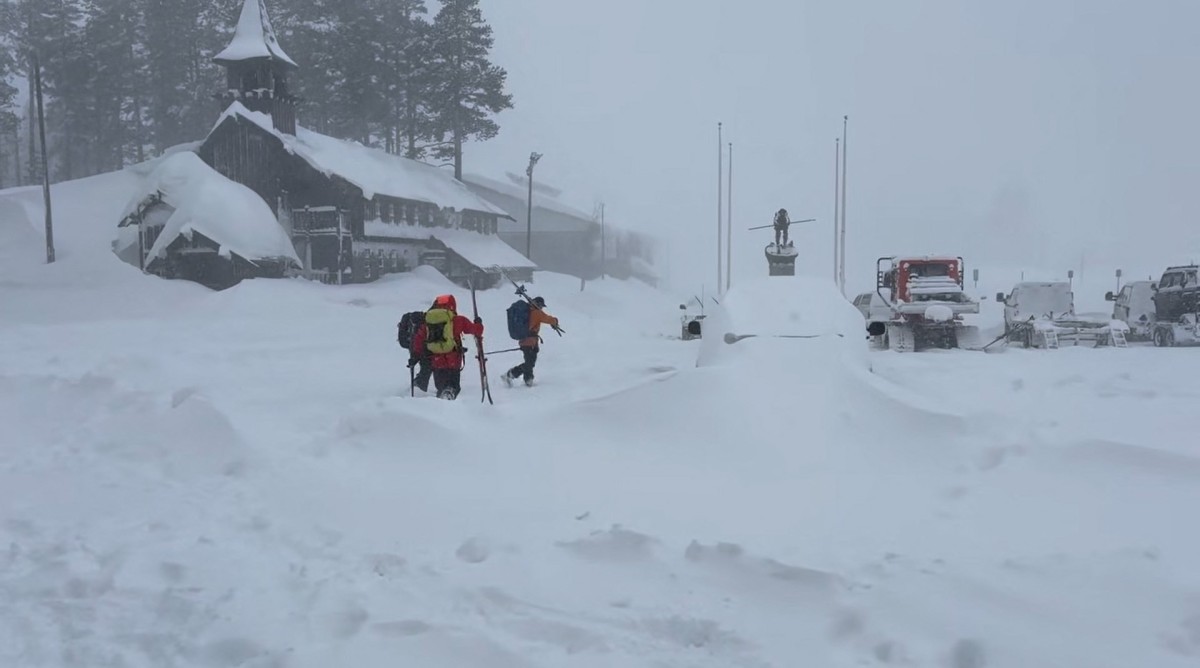
Rescue teams in California on Saturday recovered the body of the ninth and final victim of a deadly avalanche in the Sierra Nevada mountains, according to the local sheriff’s office.
The avalanche struck a group of 11 skiers and four guides on Tuesday as they were returning from a three-day backcountry trip near Castle Peak, a 2,777-meter (9,111-foot) mountain and popular tourist destination on the U.S. West Coast.
Six people were rescued alive on Tuesday. Authorities said the incident marks the deadliest avalanche in the United States since 1981.
“All nine individuals who lost their lives in the February 17 Castle Peak avalanche have been safely recovered from the mountain,” the Nevada County Sheriff’s Office said in a statement.
“There are no words that can truly capture the magnitude of this loss, and our hearts grieve alongside the families affected by this catastrophic event,” Sheriff Shannan Moon said.
Officials had warned on Thursday that search operations would likely continue through the weekend due to severe weather conditions in the area.
Survivors were able to call for help shortly after the avalanche occurred. However, near-zero visibility and the risk of additional snow slides prevented rescue teams from reaching them for several hours.
International
Trump Defies Supreme Court With New 10% Global Tariff
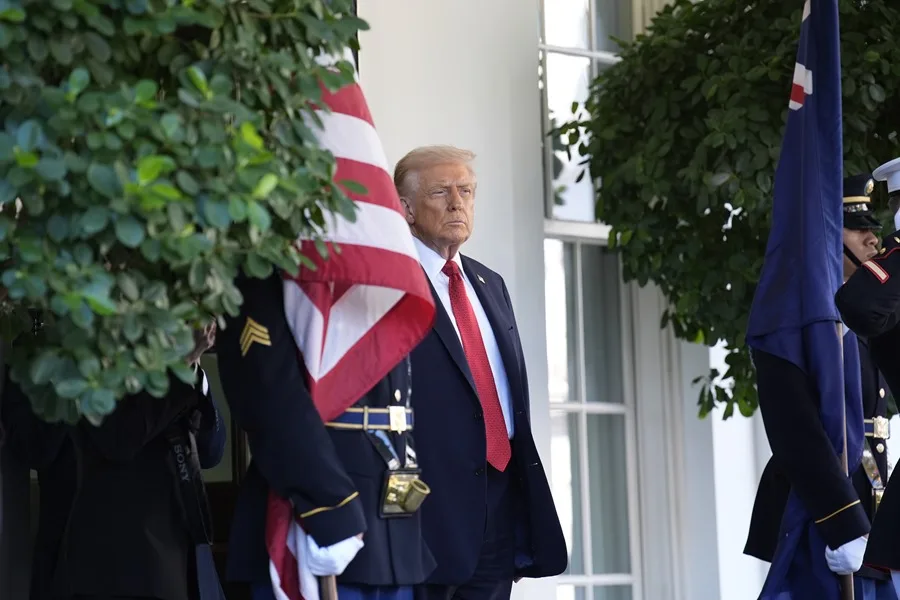
Defiant in the face of a judicial setback, Donald Trump on Friday imposed a new across-the-board 10% tariff after the Supreme Court of the United States ruled that he does not have the authority to levy customs duties under the guise of a national emergency.
The Republican president signed the order in the Oval Office and announced on social media that the measure would take effect “almost immediately.” According to a statement from the White House, the decree will formally enter into force on February 24 for a period of 150 days.
It remains unclear whether the new tariff will apply to countries that have already negotiated trade agreements establishing rates higher than 10%.
Earlier in the day, the conservative-majority court ruled that a 1977 law cited by Trump to abruptly impose tariffs on individual countries — disrupting global trade — “does not authorize the president to impose tariffs.”
Trump said he was “deeply disappointed” by the decision and accused some justices of being influenced by “foreign interests.”
Although he has made variable tariffs a cornerstone of his foreign policy, Trump acknowledged that it is uncertain whether the government will have to refund revenue already collected. A study by the University of Pennsylvaniaestimated that the amount at stake could reach as much as $175 billion.
“That issue was not addressed by the Court,” Trump told reporters, warning that the legal battle could drag on for “years.”
Justice Brett Kavanaugh, who dissented from the Court’s 6–3 majority opinion, cautioned that the legal process could become a “mess.”
Trump denied any error or haste in using tariffs as a policy tool, arguing instead that the six justices who ruled against him were motivated by “political correctness.” Vice President JD Vance wrote on X that the Court had acted “outside the law.”
International
U.S. Targets Members of Outgoing Boric Administration With Visa Revocations
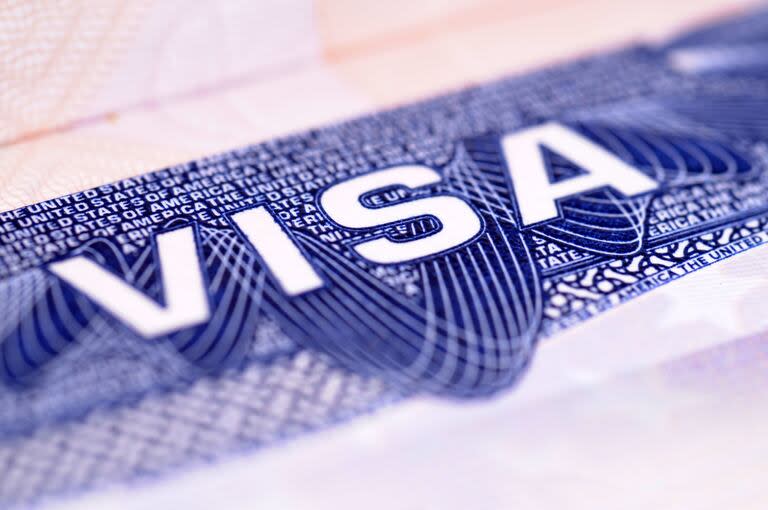
The United States government announced on Friday the revocation of visas for three Chilean officials—whose identities were not initially disclosed—citing activities that allegedly “undermined regional security,” an accusation that Chile denies.
In a statement, the U.S. Department of State did not provide specific details about the individuals involved but criticized the outgoing administration of leftist President Gabriel Boric.
“The legacy of the Boric government will be further tarnished by actions that undermine regional security to the ultimate detriment of the Chilean people,” the statement read. It was signed by U.S. Secretary of State Marco Rubio.
Chile’s Minister of Transport, Juan Carlos Muñoz, later confirmed in a video message to the press that he is among those sanctioned.
“I was recently informed that my visa to enter the United States has been revoked by that country, which I deeply regret,” Muñoz said.
The U.S. statement also noted that Washington hopes to “advance shared priorities, including those that strengthen security in our hemisphere, with the upcoming Kast government.”
The electoral victory of ultraconservative leader José Antonio Kast was welcomed in Washington, which has been building alliances with like-minded governments in the region to reinforce its diplomatic and economic agenda—particularly in response to China’s growing investment presence in Latin America.
“We remain committed to promoting accountability for Chilean individuals who deliberately work to destabilize our hemisphere,” the statement concluded.
-
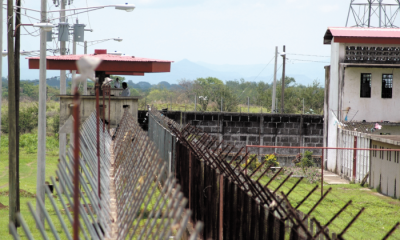
 Central America5 days ago
Central America5 days agoWashington Imposes Visa Ban on La Modelo Director Amid Crackdown in Nicaragua
-
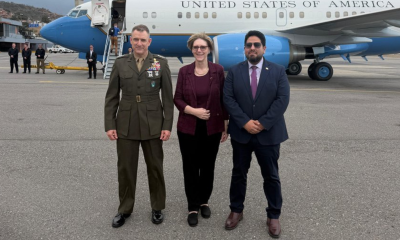
 International4 days ago
International4 days agoTop U.S. Military Commander Meets Interim Venezuelan Leaders After Maduro’s Capture
-
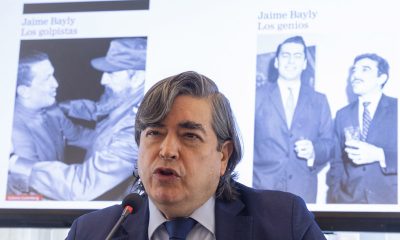
 International5 days ago
International5 days agoBayly Says Trump ‘Gets Along Better With Dictators’ and Criticizes U.S.–Venezuela Policy
-

 International5 days ago
International5 days agoRubio Engages in Quiet Discussions With Castro Family as U.S. Pressures Havana
-
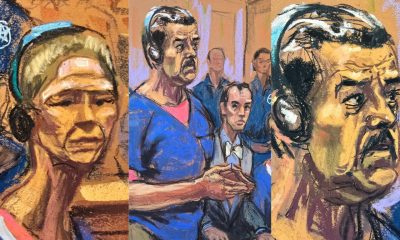
 International5 days ago
International5 days agoMaduro and Cilia Flores Receive Consular Visit in U.S. Jail Ahead of March 26 Hearing
-

 International3 days ago
International3 days agoThree Injured in Mail Package Explosion at Buenos Aires Gendarmerie Academy
-

 International2 days ago
International2 days agoTrump Defies Supreme Court With New 10% Global Tariff
-

 International3 days ago
International3 days agoU.S. Targets Members of Outgoing Boric Administration With Visa Revocations
-
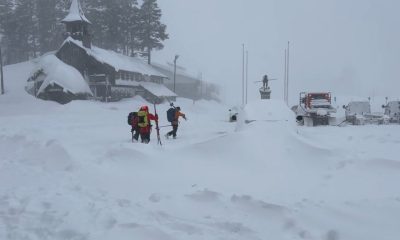
 International22 hours ago
International22 hours agoNinth Victim Recovered After Deadliest U.S. Avalanche in Decades
-
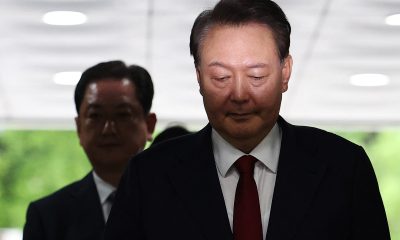
 Sin categoría4 days ago
Sin categoría4 days agoFormer South Korean President Yoon Suk-yeol Sentenced to Life for Insurrection

























